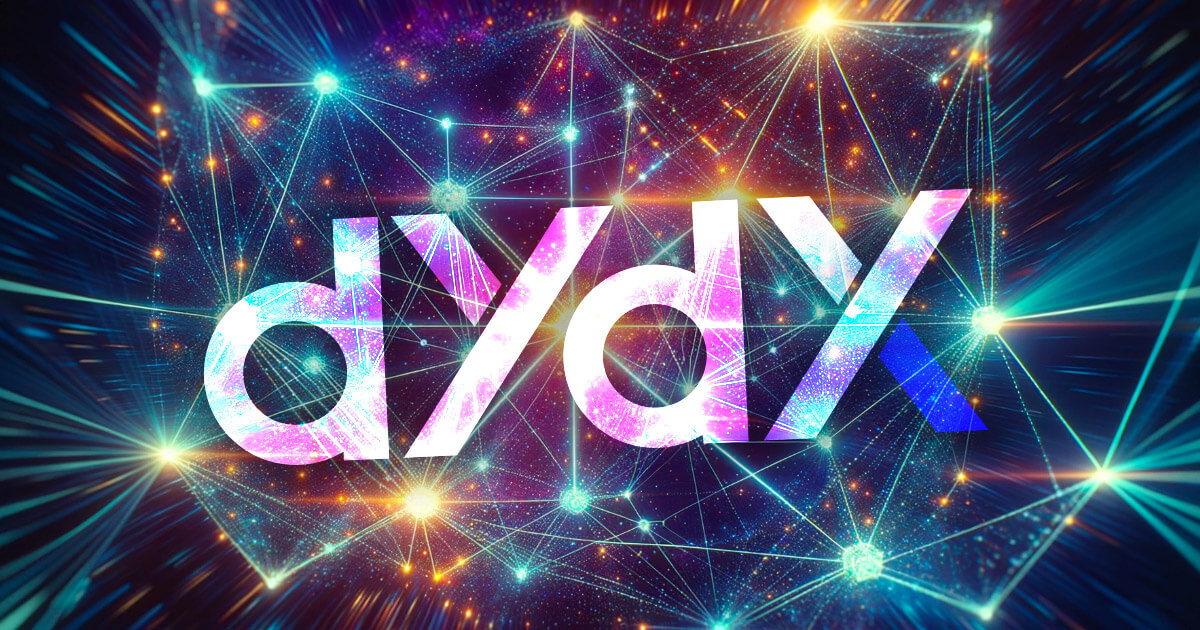
In a significant development that expands the utility of the DYDX token in the realms of staking, security, and governance, a new dYdX layer 1 chain has launched on mainnet.
This proof-of-stake network, built using the Cosmos SDK, positions DYDX as its Layer 1 token, further cementing its role in the dYdX Chain.
According to information shared with CryptoSlate, the first block of the dYdX Chain mainnet was generated on Oct. 26, marking the beginning of a new era for DYDX.
The dYdX exchange amassed a significant $137M in fees last year, making this proposition particularly enticing for potential validators and stakers.
So, what does the dYdX Chain offer stakeholders?
One key aspect is the expanded utility of the DYDX token. Initially introduced as the governance token of the dYdX Layer 2 protocol on Ethereum (dYdX v3) back in Aug. 2021, the DYDX token’s role has now broadened. The dYdX community voted to adopt DYDX as the Layer 1 token of the dYdX Chain, in addition to establishing a one-way bridge from Ethereum to the dYdX Chain. Wrapped Ethereum DYDX (wethDYDX) will now share the same governance utility as ethDYDX in dYdX v3.
DYDX holders can now choose to serve as validators or delegate their stake to existing validators, in line with standard practices in proof-of-stake networks. By staking their DYDX, holders contribute to securing the network and are rewarded with a proportion of dYdX Chain protocol fees relative to their stake weight.
Further enhancing the security of the dYdX Chain, validators, who have a significant economic stake in the network, are responsible for verifying and confirming transactions.
As more DYDX holders stake their tokens across a diverse range of validators, it becomes increasingly difficult for a coordinated attack to manipulate consensus decisions.
The governance aspect of the dYdX Chain also promises increased accessibility compared to dYdX v3, owing to the standard x/gov module within the Cosmos SDK. All staked DYDX tokens will be eligible for use in dYdX Chain governance, with validators inheriting the voting weight of their stakers unless the latter choose to vote personally.
Credit: Source link































